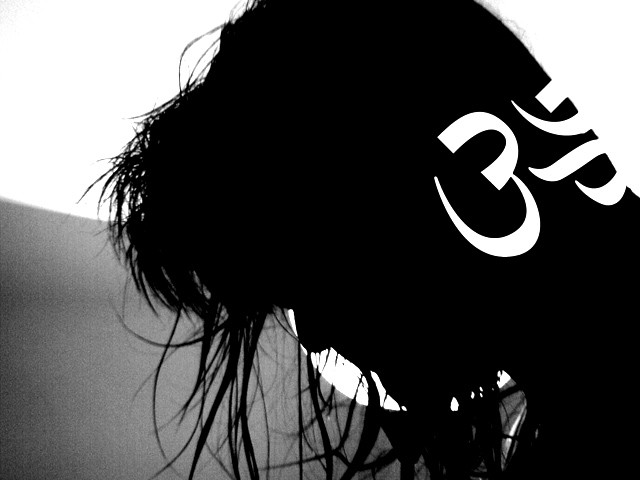Denial of human rights
State doesn't recognise Hindu marriage & displays a lack of respect for the sanctity of this minority community.

When a Hindu is subjected to incidents of abduction, forced conversion and deprivation of benefits from any government scheme, there is nothing anyone can do to safeguard their rights. One complaint that has arisen to the top of the rostrum of discriminations was expressed by a Hindu woman of Rahimyar Khan from Punjab: “For the past 60 years, Hindu women have been discriminated against. Girls and even married women are being abducted and later remarried to non-Hindus, which goes unnoticed because there is no law to protect us”. To protect their young girls Hindu parents preemptively marry them at a very early age.
In 2010, the Human Rights Commission of Pakistan reported that at least 25 Hindu girls were abducted and converted by force every month. Finding themselves thrown at the mercy of unconscionable Muslims, Hindus are leaving Pakistan, thus bringing the total population from 16 per cent in 1947 to a mere two per cent today. Since 2008, more than 10 Sindhi Hindu families have migrated to other countries every month. The eight to ten Hindu families who migrate from Pakistan to India every month belong to the well-off stratum; those left behind are the lowest of the low, deserving of the compassion of Pakistan’s overwhelming Muslim majority. However, the state is blind to this reality.
The three million Hindus, as per the 1998 census are still the largest religious minority in Pakistan, most of them located in Karachi, Mirpurkhas and Sukkur regions of Sindh. There was a time when Sindh was known as the most tolerant province in Pakistan, its people bound together by language and the Sufi tradition, respectful of each other’s faith. With the rise of extremism and the weakening of the writ of the state through proxy jihad and non-state actors all over Pakistan, including Sindh, the Hindu community has come under pressure. No one cares that the Constitution is being violated by the malpractices endured by the non-Muslims. Not even the passage of the Eighteenth Amendment, restoring the 1973 Constitution to its original shape — which corrected the deceptively altered text of the 1949 Objectives Resolution in respect of the minorities — has woken the government up to the situation.
The courts, looking into cases of alleged abduction and conversion followed by marriage to Muslims, are rendered helpless by the yet-to-be rationalised right to convert, backed by an aggressive clergy. One hopes that the government and the Federal Shariat Court are moved by humanity and take note of what is happening themselves. The ground reality fact is that individuals of a community who are brought to such a low level of survival will try to ameliorate their condition by converting. This in itself is enough to outlaw freewheeling conversions.
Christians in Punjab are subject to the same evil practices and many have resorted to false conversion to avoid the fallout of a rapidly criminalising majority community. The Hindus will benefit greatly if this negative social trend among Muslims is arrested through the registration of Hindu marriage, with the assurance that conversion of a non-Muslim married woman will be accepted only after the dissolution of her earlier marriage. Today, the state does not recognise the Hindu marriage and, therefore, displays a lack of respect for the sanctity of this minority community.
Published in The Express Tribune, April 2nd, 2012.














COMMENTS
Comments are moderated and generally will be posted if they are on-topic and not abusive.
For more information, please see our Comments FAQ